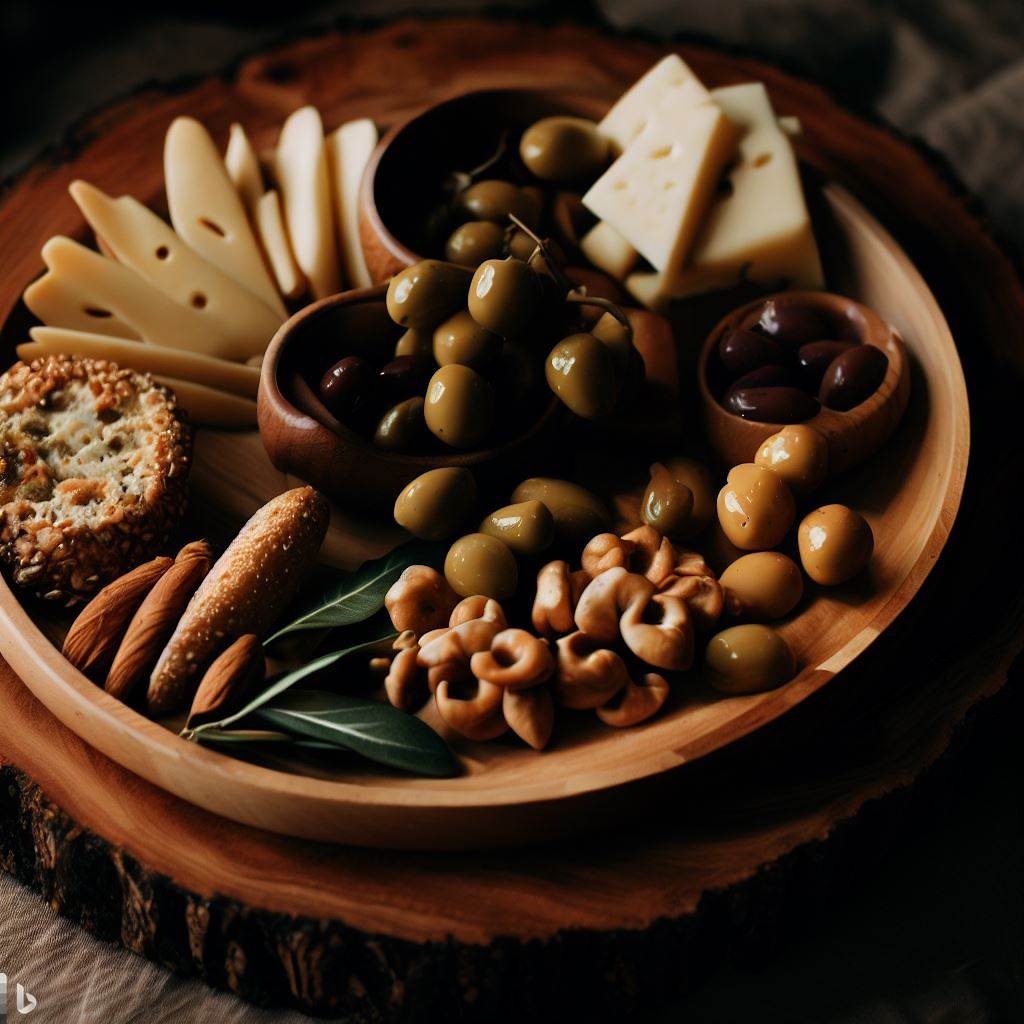Tunisia is known for its high-quality olive wood, which has been a popular choice for various products due to its unique features. Olive trees are abundant in the country, and many Tunisian artisans have mastered the art of carving and creating beautiful products out of this wood.
One of the most notable features of Tunisian olive wood is its density, which makes it very durable and resistant to wear and tear. This density also makes it resistant to water and moisture, making it an excellent choice for kitchen products such as cutting boards, utensils, and bowls. Another feature of Tunisian olive wood is its distinct grain patterns, which vary from tree to tree.
The grain patterns create a beautiful and unique design on each product made from this wood, making each piece one-of-a-kind. In addition to its durability and unique appearance, Tunisian olive wood is also eco-friendly. Olive trees are often pruned to promote new growth, and artisans use the pruned branches to create their products, reducing waste and promoting sustainability. Tunisian olive wood products range from kitchenware to decorative items, such as vases and sculptures.
Due to its popularity, Tunisian olive wood products can be found in many markets and shops worldwide. In conclusion, Tunisian olive wood is a durable and eco-friendly material that offers unique and beautiful grain patterns. Its popularity has made it a sought-after material for many products, and its sustainability adds to its appeal.
